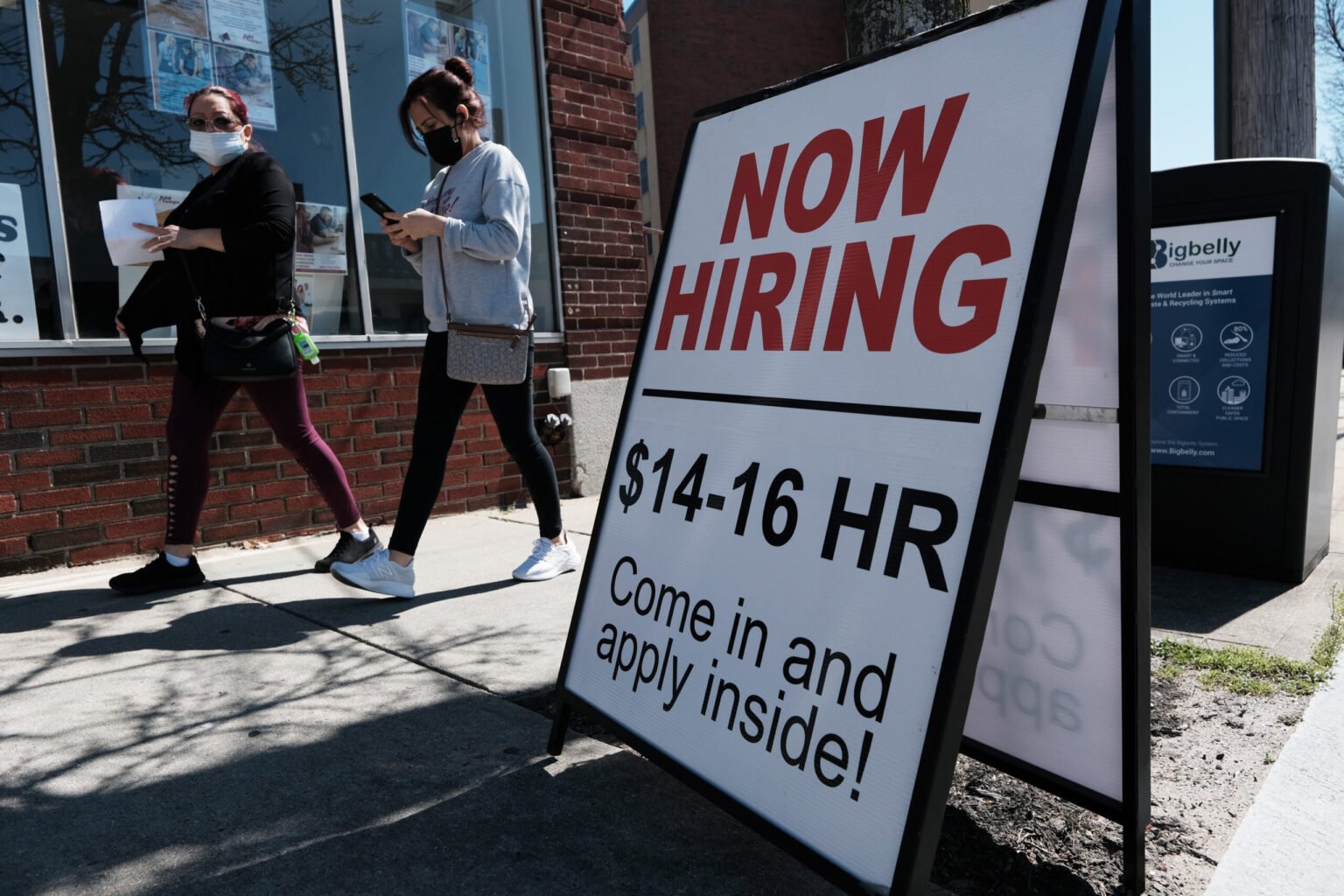“`html
Hey there! I understand you’re interested in how jobs reports influence interest rates. While I can’t access external data sources right now, I can definitely walk you through the general connection between jobs reports and interest rate adjustments. Knowing how these economic reports affect interest rates can be really helpful for anyone looking to understand the financial climate.
Jobs reports, like the US employment report, are essentially snapshots of the labor market’s health. They provide insights into how many jobs were created or lost in a specific period, the unemployment rate, and other pertinent labor market data. This information is crucial because it gives economists and policymakers a view of the overall economic strength. Changes in these reports can significantly affect the direction of interest rates.
The Relationship Between Jobs and Interest Rates Explained
When a jobs report shows strong employment growth, it often signals a healthy economy. This can lead to increased demand for goods and services, driving inflation. To combat this rising inflation, central banks, like the Federal Reserve, may raise interest rates. Higher interest rates make borrowing more expensive, which in turn can cool down economic activity and hopefully curb inflation.
How a Weak Jobs Report Affects Interest Rates
Conversely, a weak jobs report often indicates economic weakness. Fewer jobs created or a rising unemployment rate can signal a struggling economy. In such situations, central banks might consider lowering interest rates to encourage borrowing and stimulate economic activity. Lower interest rates make it more attractive for businesses and consumers to take out loans.
Key Factors Influencing Interest Rate Decisions
- Job Growth: Strong job creation is a positive sign and may prompt rate hikes.
- Unemployment Rate: Low unemployment rates often coincide with inflationary pressures, leading to potential interest rate increases.
- Wage Growth: Rapid wage increases can fuel inflation, and central banks often react by adjusting interest rates accordingly.
- Inflation: Inflation is a key driver for central bank decisions, and jobs report data play a significant part in their assessments.
So, how does all this connect to you? Well, understanding the impact of jobs reports on interest rates can help you make more informed decisions about investments, loans, and even your own career planning. Stay informed about the latest jobs reports to get a better sense of where the financial markets are headed.
I hope this overview of jobs reports and interest rates is helpful! Let me know if you have more questions or would like a deeper dive into specific aspects. Leave a comment below and share this article with your friends!
“`






